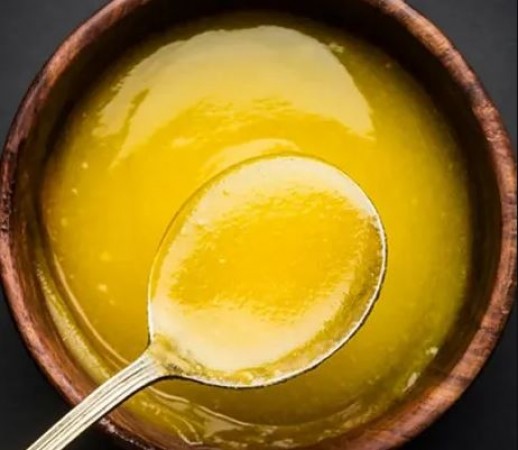
Ghee, a staple in Indian cuisine and a prominent component in Ayurveda, has long been revered for its rich taste and potential health benefits. While some individuals incorporate ghee into their daily diet, concerns about its impact on weight have led others to abstain. This article delves into the nuanced aspects of daily ghee consumption, exploring both its advantages and disadvantages.
The Nutritional Profile of Ghee:
Before delving into the effects of daily ghee consumption, it's crucial to understand its nutritional composition. Ghee is primarily a source of healthy fats and fatty acids, containing significant amounts of vitamins A, E, and D. With 1 tablespoon of ghee comprising 13.9 grams of fat, it's important to note that over 99% of ghee's composition is fat.
Weight Management and Ghee:
Contrary to the belief that ghee inevitably leads to weight gain, experts suggest that moderate and controlled consumption may have the opposite effect. The healthy fats in ghee can induce a sense of satiety, potentially curbing overeating and aiding in weight management. However, it is crucial to strike a balance, as excessive intake may lead to unwanted weight gain.
Positive Impacts on Health:
Apart from its potential role in weight management, daily consumption of a moderate amount of ghee may offer various health benefits. Ghee is known to contribute to bone strength, and its inclusion in the diet is associated with improved digestive health. The soluble vitamins present in ghee also play a vital role in supporting overall well-being.
Saturated Fat and Heart Health:
While ghee contains healthy fats, it is important to be cautious of its saturated fat content, which constitutes about 50% of its fat composition. Excessive consumption of saturated fat can contribute to heart-related issues, including the formation of arterial clots. Individuals with pre-existing fatty liver conditions are advised to exercise caution when incorporating ghee into their diet.
Balancing Act:
Experts emphasize that moderation is key when it comes to daily ghee consumption. Keeping the total fat and saturated fat intake within recommended limits—approximately 44 to 78 grams of fat with saturated fat not exceeding 22 grams—is crucial for reaping the potential benefits of ghee without compromising health.
In conclusion, incorporating ghee into a daily diet requires a thoughtful approach. While it offers numerous health benefits, including support for bone strength and potential aid in weight control, excess consumption, especially of saturated fats, may lead to adverse health effects. Understanding the nuanced interplay between the nutritional components of ghee and individual health conditions is essential for making informed dietary choices. As with any dietary decision, consulting with a healthcare professional can provide personalized guidance based on individual health needs and goals.
Breakfast Choices and Cancer Risk: What You Need to Consider for a Healthier Start to Your Day
How worn out is your Android phone's battery? This is how you can know
How to Maintain Balance Between Social Media and Your Mental Health